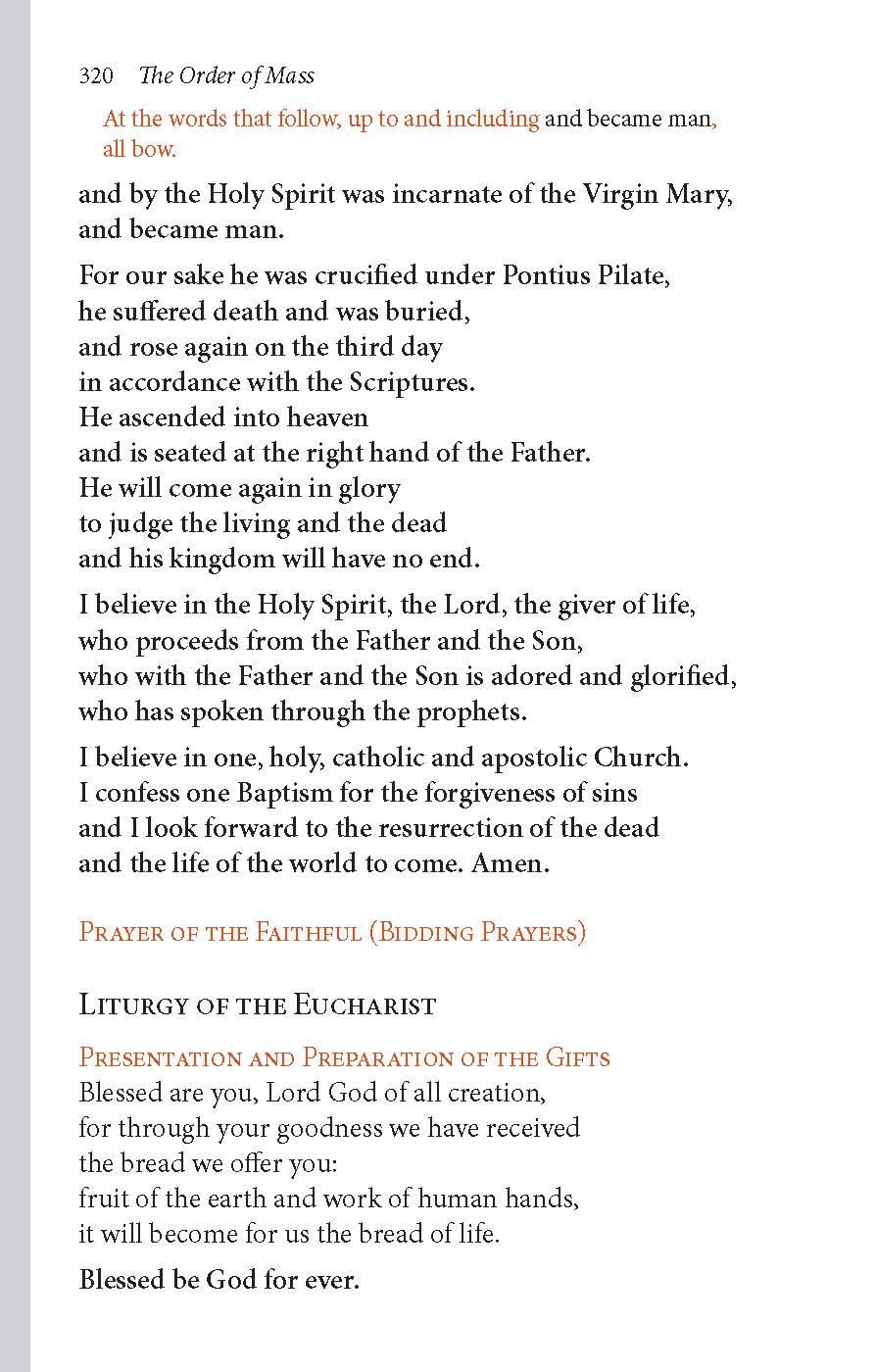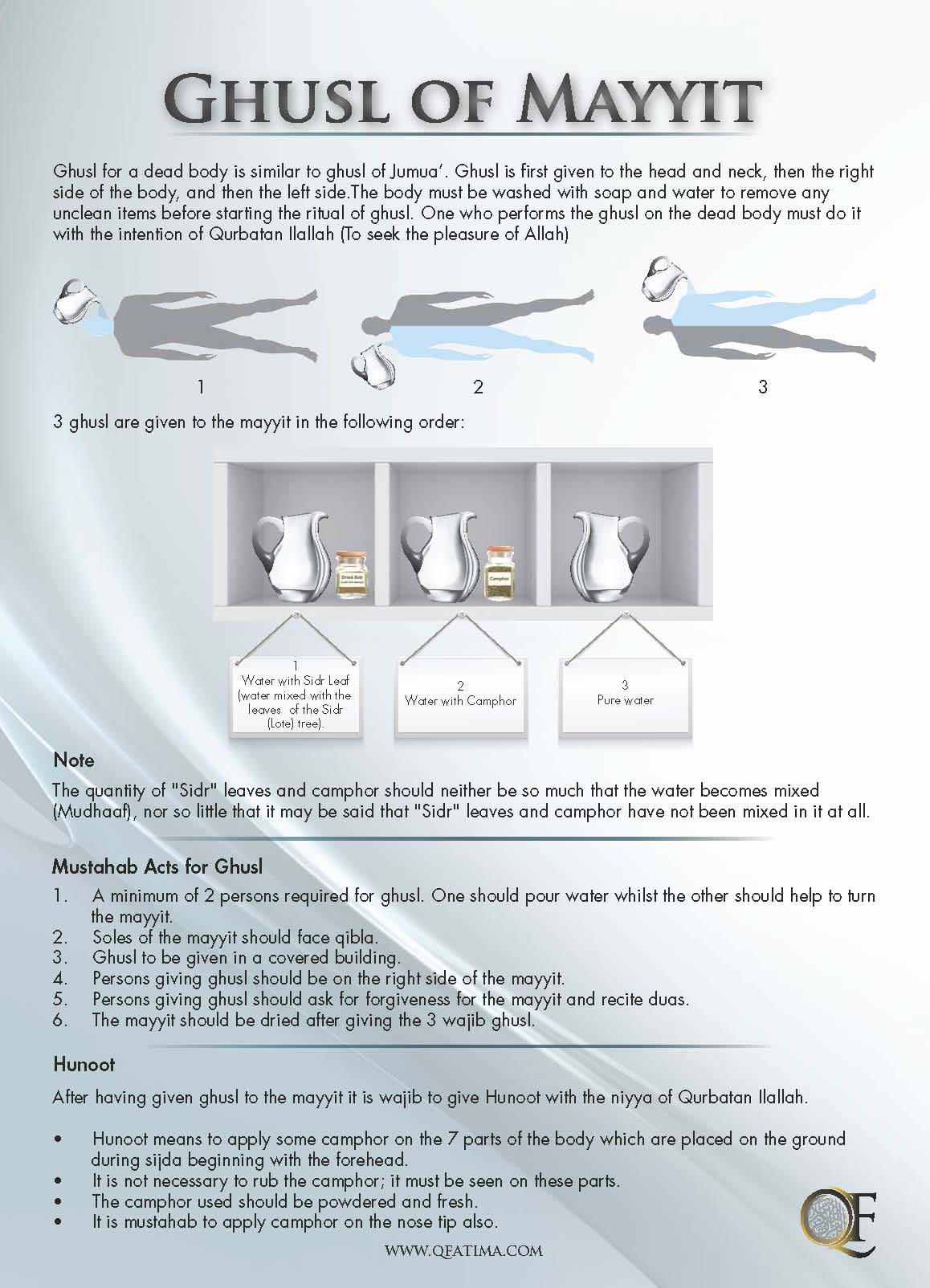40 Days Prayer For The Faithful Departed Pdf Writer
- Posted in:Admin
- 06/04/18
- 75
Tabtight professional, free when you need it, VPN service. Write a review Read Reviews. Download Bacaan Surat Ayat Kursi here. This book contains 40 days of devotional studies designed to strengthen your relationship with Christ and enable you to lead others to Him. And as you spend 40 amazing days with God, He will prepare you for earth's final crisis and Christ's long-anticipated second coming. Oct 18, 2017. Prayers for the faithful departed pleases God, who makes use of our prayers to help purify these souls that He loves. If you visit a church or oratory on All Souls Day and there recite the Lord's Prayer and the Apostle's Creed, you can earn a plenary (full) indulgence applicable. Print Friendly, PDF & Email. The Pope’s first-ever video message on his monthly prayer intentions was released Tuesday, highlighting the importance of interreligious dialogue and the beliefs.


Contents • • • • • • • • • • • • • • • • • • • • • • • • Description [ ] In, the term was originally applied to a Christian who lives the eremitic life out of a religious conviction, namely the of the (i.e., the 40 years wandering in the desert that was meant to bring about a change of heart). [ ] In the Christian tradition the eremitic life is an early form of that preceded the monastic life in the. 1) lists hermits among four kinds of. In the, in addition to hermits who are members of, the (canon 603) recognizes also under the direction of their as members of the. The same is true in many parts of the, including the in the US, although in the canon law of the Episcopal Church they are referred to as 'solitaries' rather than 'hermits'.
Often, both in religious and secular literature, the term 'hermit' is also used loosely for any Christian living a prayer-focused life, and sometimes interchangeably with, and 'solitary'. Other religions, for example,,, (), and, also have hermits in the sense of individuals living an ascetic form of life. In modern colloquial usage, 'hermit' denotes anyone living apart from the rest of society, or simply participating in fewer social events, for any reason. Etymology [ ] The word hermit comes from the ĕrēmīta, the of the ἐρημίτης ( erēmitēs), 'of the desert', which in turn comes from ἔρημος ( erēmos), signifying 'desert', 'uninhabited', hence 'desert-dweller'; adjective: 'eremitic'. History [ ] Tradition [ ] In the common Christian tradition the first known Christian hermit in Egypt was ( 3rd century), hence also called 'St.
Paul the first hermit'. His disciple (fl. 4th century), often referred to as 'Antony the Great', is perhaps the most renowned of all the very early Christian hermits owing to the biography by his friend.
An antecedent for eremiticism may have been the solitary or 'son of the covenant' ( bar qəyāmā) who undertook special disciplines as a. In the some hermits claimed to trace their origin to hermits organized. Hermits in the past have often lived in isolated or, whether a natural or a constructed dwelling, situated in the or the. They tended to be sought out for spiritual advice and counsel. Some eventually acquired so many that they had no physical solitude at all. The early Christian wove baskets to exchange for bread. In times hermits were also found within or near cities where they might earn a living as a gate keeper or ferryman.
From the and down to modern times eremitical monasticism has also been practiced within the context of religious institutes in the West. For example, in the the and arrange their monasteries as clusters of hermitages where the monks live most of their day and most of their lives in solitary prayer and work, gathering only relatively briefly for communal prayer and only occasionally for community meals and recreation.
The, and orders, which are essentially communal in nature, allow members who feel a to the eremitic life, after years living in the or community of the monastery, to move to a cell suitable as a hermitage on monastery grounds. This applies to both their and their.